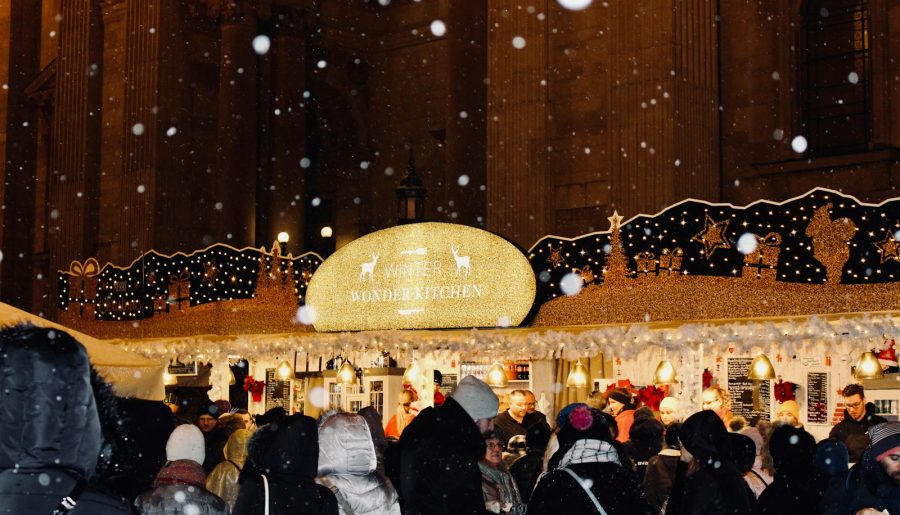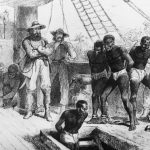Every Friday after Thanksgiving, or the fourth Thursday of November, many people in the United States celebrate Black Friday. This holiday tradition is one of the busiest shopping days in the country.
It usually takes place the day after Thanksgiving in the U.S.

During this time, many stores offer big discounts on their products to attract in-store and online shoppers. You’ve probably even seen ads or posters promoting the “Black Friday Sale.”
Black Friday also marks the start of the Christmas shopping season, with many stores opening very early, sometimes even at midnight or on Thanksgiving Day.
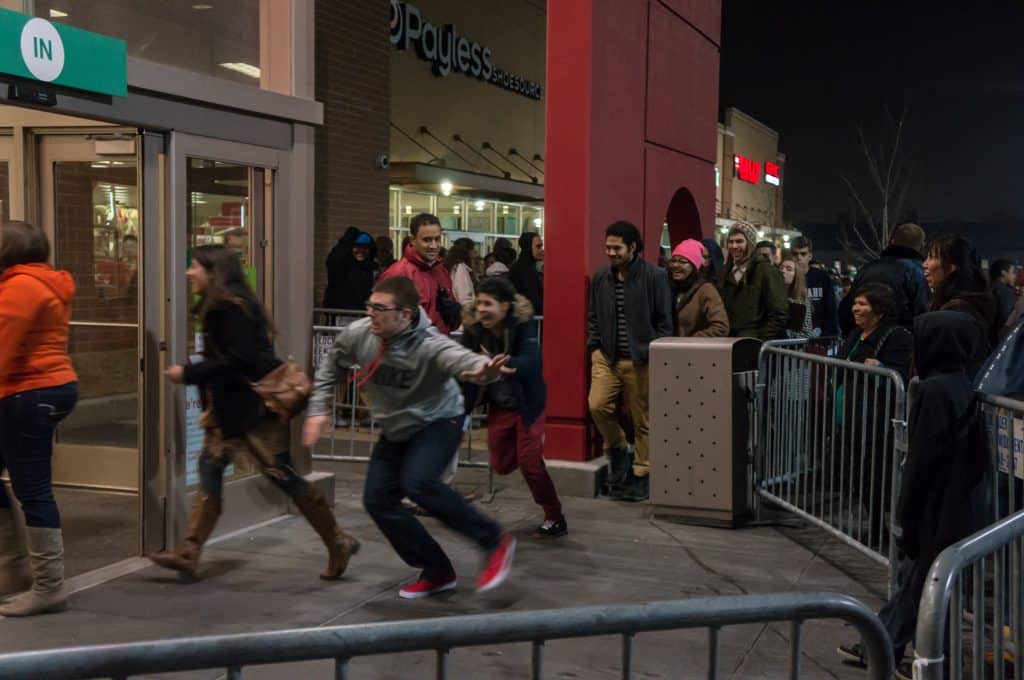
However, Black Friday isn’t just about shopping. Did you know it has a darker side to its history as well?
Curious? Well, stay and read this post, then! I’ll share with you the interesting yet dark history of Black Friday.
What is Black Friday?
Black Friday is when stores lower their prices quickly to encourage people to shop more. Since there are many great deals, this day is a great time to buy gifts for friends and family before the holidays.

Some stores offer these discounts throughout the week or the weekend, so you may also hear about Cyber Monday being connected to Black Friday.
In Wales, Black Friday is called Dydd Gwener y Gwario Gwirion, which translates to Silly Spending Friday.
So, Why is it Called Black Friday?
Many people think the term “Black Friday” comes from the idea that stores are losing money or “in the red.” Then, the day after Thanksgiving, their sales help them make a profit, which means they “go into the black.”
This story suggests that stores finally make money after a tough year thanks to the holiday shopping rush. While it’s true that stores use red to mark losses and black for profits, this explanation for its origin is more myth than fact.

There’s also another myth that in the 1800s, Southern plantation owners bought enslaved workers for cheaper prices the day after Thanksgiving. This made some people want to boycott Black Friday, but the story isn’t true as well.
Now, you might ask, “What is the real origin of this tradition?”
In the 1950s, Philadelphia police used the term to describe the chaos the day after Thanksgiving. Many suburban shoppers and tourists rushed into the city for the big Army-Navy football game held every Saturday after Thanksgiving.
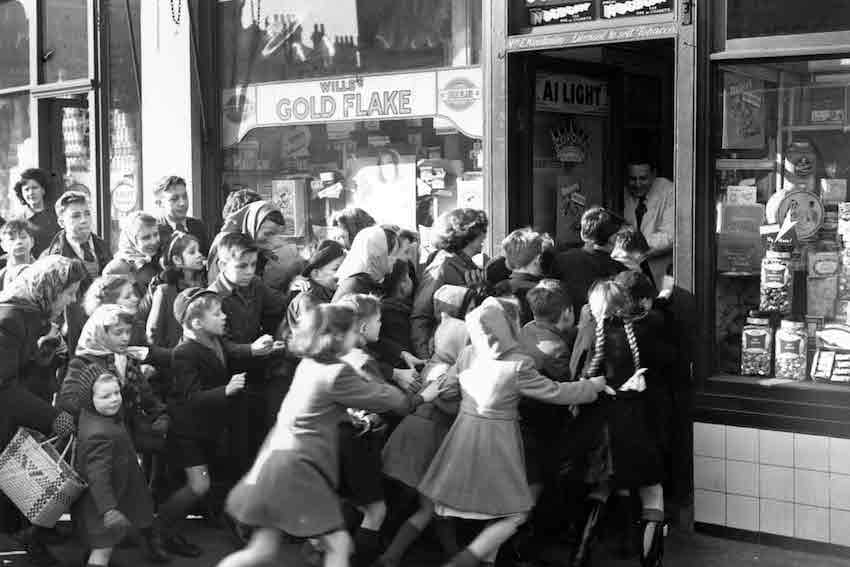
This rush created huge crowds and traffic, and the police had to work extra hours to manage the situation. Shoplifting also increased during this time, making things even tougher for the police. Because of this, the Philadelphia police called this chaos “Black Friday.”
By 1961, people in Philadelphia were already calling the day “Black Friday.” However, local store owners tried to change its name to “Big Friday” to improve its image. However, they were unsuccessful.

Here’s another fun fact.
Did you know that the first recorded use of the term “Black Friday” was about a financial crisis, not holiday shopping?
Yes. You read that right!
On September 24, 1869, the U.S. gold market crashed. Wall Street financiers Jay Gould and James Fisk Jr. teamed up to buy as much gold as possible, hoping to raise prices and make big profits.
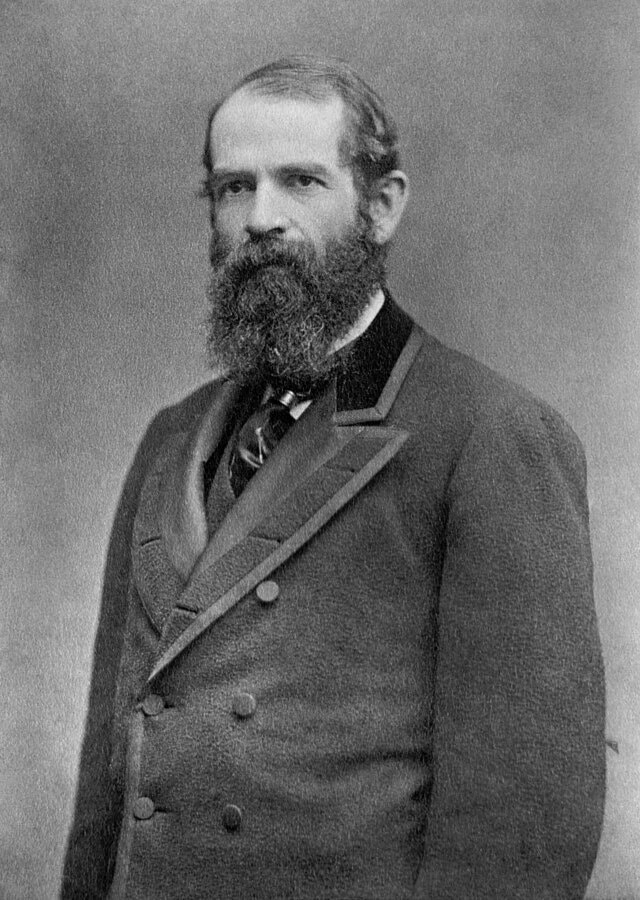

However, their actions caused the stock market to decline, and the wealthy investors and farmers became bankrupt.
It wasn’t until the late 1980s that the term “Black Friday” became popular across the U.S.
Stores wanted to change the dark image of the holiday, so they started saying that they went from being “in the red” (losing money) to “in the black” (making money) thanks to holiday sales.
Over time, the original meaning was soon forgotten, and Black Friday became a huge shopping event. Today, many stores open earlier that Friday, often welcoming shoppers right after their Thanksgiving meals.
